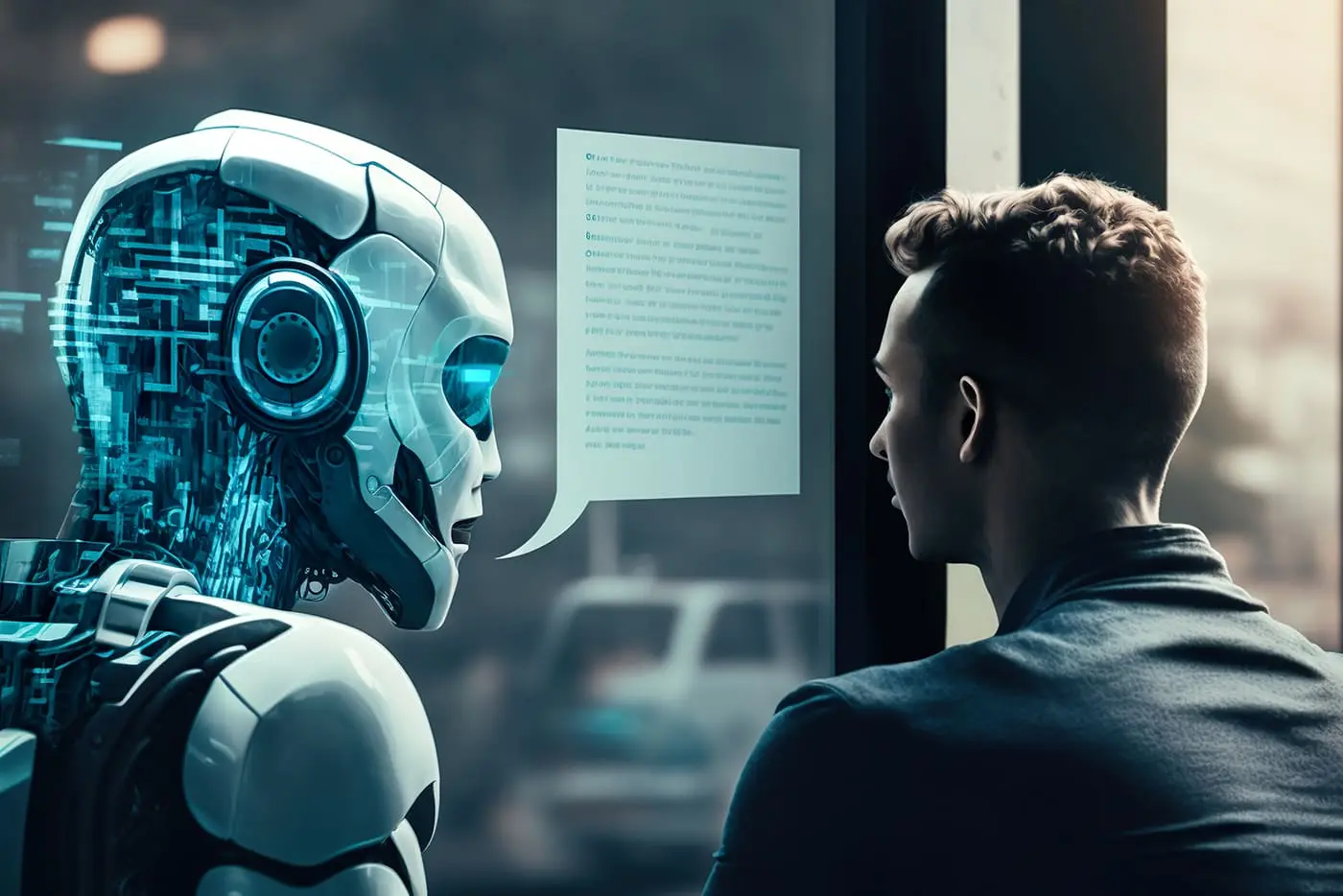Are Robots Going to Steal Our Jobs in the Future? Are we ready for the upcoming change? Read on to find out. In this article, we’ll examine the complexities of the topic and how it might affect human workers. Are we prepared to live with the human loss of our jobs? Will we need to adapt? What will we need to do to keep our jobs?
Displacement
Although robots are already displacing humans in a number of industries, their effects vary according to their use and industry. In the U.S., robots are more likely to affect low-income and middle-class workers and people who perform routine manual labour. Robots steal jobs in future have also been more likely to affect men than women, especially those in manual labour-intensive industries. And while robots have displaced workers in many industries, the most pronounced effect is felt in the manufacturing sector.
Some regions of the United States have seen relatively small adoption of robots, with two to five robots per thousand workers. Other areas have had up to ten robots per thousand workers. One such state was Detroit, where workers were most exposed to robots. Overall, however, robotic automation will cause job losses in more areas than in a few years. This trend is threatening workers’ safety and well-being and may have serious consequences for workers.
Complementarity
This complementarity effect occurs when humans and machines perform work with complementary inputs. The human and robot complementarity effect is positive when humans can perform more than one role, and negative when workers are only capable of substitute roles. Humans and machines are complementary because they have complementary skills and talents. Those who can only do one role will not benefit from the complementarity effect. For example, humans are good at customer service and establishing relationships. The human and robot complementarity effect can protect jobs from being replaced by technology and improve working conditions.
Currently, most technologies are narrow and specialised and replace humans performing routine tasks or specialized tasks. However, humans are more likely to benefit from the efficiency gains associated with machine substitution than from its opposite. For example, the lower cost of one specialised task could be used to increase labour in complementary tasks, such as in the financial sector. ATMs, for example, could replace bank tellers, allowing humans to focus on complementary tasks.
Humanness
In his predictions, Rangaswami incorporated both sides of the debate. He says that while robots can perform most jobs, many jobs require human characteristics that computers cannot do. Such qualities include empathy, creativity, judgment, and critical thinking. But if robots take away jobs that require these traits, then the future of work will be much more complex. While robots can take over a lot of jobs, humans will still have a role in creating new jobs.
In recent decades, robots have worked alongside humans in many industries, including the auto industry. Robots are gaining in productivity and efficiency and are rapidly replacing humans in many roles. The Momentum Machines robot flips a gourmet hamburger in ten seconds, which may one day replace an entire McDonald’s crew. Another robot, the Universal Robots, is more advanced and can build new parts for itself. Google has even received a patent for a robot that can identify weeds using lasers. Robots are already being used to help surgeons direct instruments and provide supplies.
Job loss
In a recent report, MIT researchers predicted that AI and robots are likely to steal 73 million jobs by 2030. The study drew on the research of 20 faculty members to examine the impact of technology on the workforce. The report also considered the impact of inequality. While robots may not be able to replace human workers immediately, they will take five to 10 years to catch up. During that time, humans can acquire advanced skills that will help them earn more and have more interesting jobs.
One of the concerns about robots stealing our jobs is their ability to do repetitive tasks without a high degree of human dexterity. This problem is a major barrier to implementing robotics, especially in manufacturing. While robots are more accurate than humans at picking items, they still cannot do the stowing and picking tasks. That said, robots are developing increasingly sophisticated skills, such as laser-scanning for weeds, and are now able to fetch supplies for nurses and surgeons.
Author Bio
Chelsea Kelly has been the leading content creator for Research Prospect since 2017. He loves to write about the different types of literature writing subjects i.e. dissertation methodology, how to write methodology, assignment and essay writing and expert in data collection and data analysis methods used in research.


